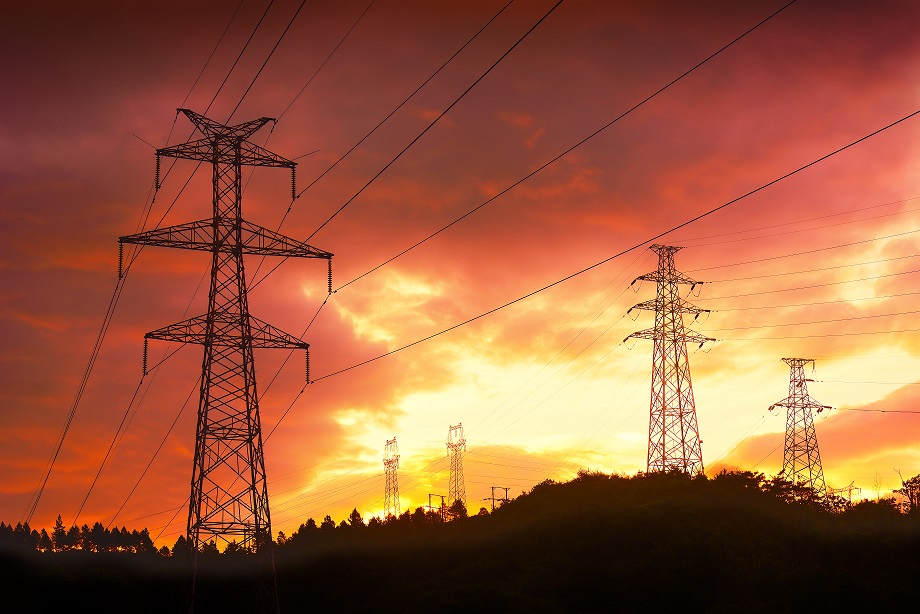The future of electricity supply and contracting in Spain. Keys to understanding the draft royal decree on the new General Regulation on electricity supply and contracting
Published on 10th October 2024
We examine the main novelties that will be introduced by the reform of electricity supply and contracting and the consequences it will have for electricity market participants

On 13 September 2024, the deadline for submitting allegations to the Draft Royal Decree approving the General Regulation on Supply and Contracting and establishing the conditions for the commercialisation, aggregation and consumer protection of electrical energy ended.
By means of this new Royal Decree, the government aims to respond to the different challenges and energy policy objectives set out in the national and European regulations approved in recent years. Thus, with this new regulation, which is still in an incipient phase of its processing, the goal is to overcome the already obsolete regulations in force on the commercialisation and supply of electricity to make it more sustainable and efficient and with the clear objective of decarbonising our economy by 2050.
There are two main issues that stand out in the new regulation: on the one hand, the prominence given to the consumer; and on the other hand, the fundamental role played by independent aggregators.
Consumer protection and new consumer guarantees
In the articles of the Draft Royal Decree, the consumer is no longer considered a mere passive agent in the electricity market and the aim is to ensure greater guarantees and protection for the consumer. The most relevant modifications introduced in this respect can be summarised as follows:
- Prohibition of supply contracting by telephone: article 13(z) of the Draft Royal Decree prohibits electricity and gas suppliers from advertising or contracting practices not requested by the user by telephone, unless there is an express request by the consumer or the call is made on the consumer's own initiative.
- Speeding up changes of supplier: article 18 of the Royal Decree includes a series of actions to ensure that the change and the exchange of information between the different parties involved is carried out as quickly as possible. Specifically, a maximum period of two weeks from the date of the request is foreseen for the change of company to take place. This period will be progressively reduced and it is envisaged that by 2026 this process will be reduced to no more than 24 hours.
- The creation of the new figure of the customer ombudsman: in article 56, the Draft Royal Decree provides for the possibility for marketers to implement the figure of the customer ombudsman, an additional protection mechanism whose resolution would be binding on them in the event of discrepancies in the billing of contracted services. The implementation of this mechanism must be reported to the National Markets and Competition Commission (CNMC) so that it can confirm compliance with all quality and transparency requirements, as well as consumer protection.
- Return of guarantees for "electricity hook-ups" to individuals: according to the second transitory provision of the Bill, electricity distributors must return all the guarantees that consumers have deposited in order to register a new supply point within a maximum period of four months from the entry into force of the regulation. In this way, this obligation becomes the responsibility of the distributors. Distributors, however, will be able to pro-rate the amount between the different billing cycles during the aforementioned maximum period of time.
The new figure of the electricity market: the independent aggregator
The other cornerstone of this Project is the regulation of "independent aggregators", a figure already provided for in article 6.1.i) of Law 24/2013, of 26 December, on the Electricity Sector.
The entry of the aggregator into the Spanish electricity system will make it possible to group several consumers under a single figure, facilitating their joint participation in the electricity markets, committing them to vary their consumption in exchange for remuneration.
In short, it is an element that will allow greater flexibility and efficiency in the market and will be crucial to manage demand and ensure the stability of the system in an environment that is increasingly oriented towards renewable energies.
Other modifications to be taken into account: Special mention of storage facilities in the Royal Decree on access and connection
The fourth final provision of the Draft Royal Decree modifies certain requirements established with respect to the guarantee of access and connection provided for in the current regulations on access and connection (Royal Decree 1183/2020).
The new wording of article 23 of the aforementioned Royal Decree 1183/2020 adds that the express request for the body responsible for granting authorisation for the installation to decide whether the guarantee is adequately constituted must include the node and voltage of the transmission or distribution network to which access and connection are to be requested, as well as the voltage of the network.
Likewise, art. 23.bis of Royal Decree 1183/2020 is modified to clarify the treatment of storage facilities in the processing of access and connection procedures and it is established that in the case of storage facilities that inject energy into the grid, the guarantee to be presented prior to the access request for electricity demand will be 20 €/kW. Therefore, this means that this obligation would no longer extend to all types of storage facilities, as could be understood in the current regulation.
Finally, with regard to the cancellation of the demand guarantee deposited, it is foreseen for storage facilities that inject energy into the grid that this cancellation will occur together with the cancellation of the generation guarantee (after obtaining the administrative authorisation for operation).






